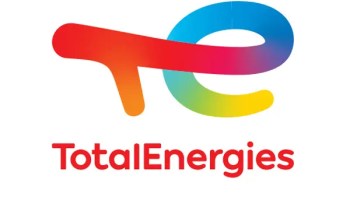
Olusola Bello
The Nigeria Liquefied Natural Limited (NLNG) has said that there exist significant opportunities for Nigeria as a country if she follows through the decrabonisation process which is aimed at arresting climatic change.
The company stated further that what the world is going to be like in the next 28 years would be completely different from what it is today. Because the world is going to be driven by significant increase in population, the population that requires energy, and not the one that is just projected to happen in the world. It will also happen in Africa as well.
Dr. Philip Mshelbila, managing director of NLNG, who was represented by Adeleye Falade, general manager, production at the just concluded Nigeria International Energy Summit (N.I.E.S), held in Abuja, stated that as the world continues to change Nigeria cannot remain stagnant, but rather she should look at the challenges that come with those changes and what they mean to her.
He said beyond the rise in energy there are other imperatives that we need to deal with.
According to him, there are discussions on decarbonisation around the world, which envolved via a process that is sustainable, and which also ensures that the key imperatives of availability, affordability and accessibility are guaranty for all.
He said these changes did not start today as we have had Kyoto and Paris agreement in 2015 when the world came together and said we must limit our energy rise to 1.5 degree centigrade. This 1.5 degree centigrade, he explained has also elicited a lot of talks also.
The NLNG boss said there are people who believe that this target cannot be achieved. The declaration is to the extent that we must cut our emission by 45 percent to stay below what was recorded in 2010, so that the world by 2030 can stay on track.
“But if we look at all that has happened in terms of commitment and what nations have agreed to, it only suggests that we are going to have 14 percent rise in temperature. So there is need to do much more, even as the world is responding aggressively.”
“India has declared that by 2030 about 45 percent of its energy is going to come from renewable, the United Kingdom has joined France in declaring that by 2040 there is going to be total banned of fossil fuel vehicle. Norway has declared that by 2025, which is three years from now, there is not going to be a production of any light vehicle or truck that is going to run on anything other than net emission energy. Sweden has declared that by 2040 it is going to 100percent renewable for its electricity. International Energy Agency (IEA )has also projected that by 2030, 31 percent of the world’s energy is going to come from renewable. So the world is responding.”
He asked, what does this mean for Nigeria as a country.?
According to him, all these efforts show opportunities when we look at our reserves and our production capacity, especially along the line of liquefied natural gas( LNG) capacity. Nigeria he said, is one of the lowest in the world.
“Countries that don’t have reserves as much as we do, have four, five times capacity of what we do today. So there are significant opportunities for Nigerian as a country.





